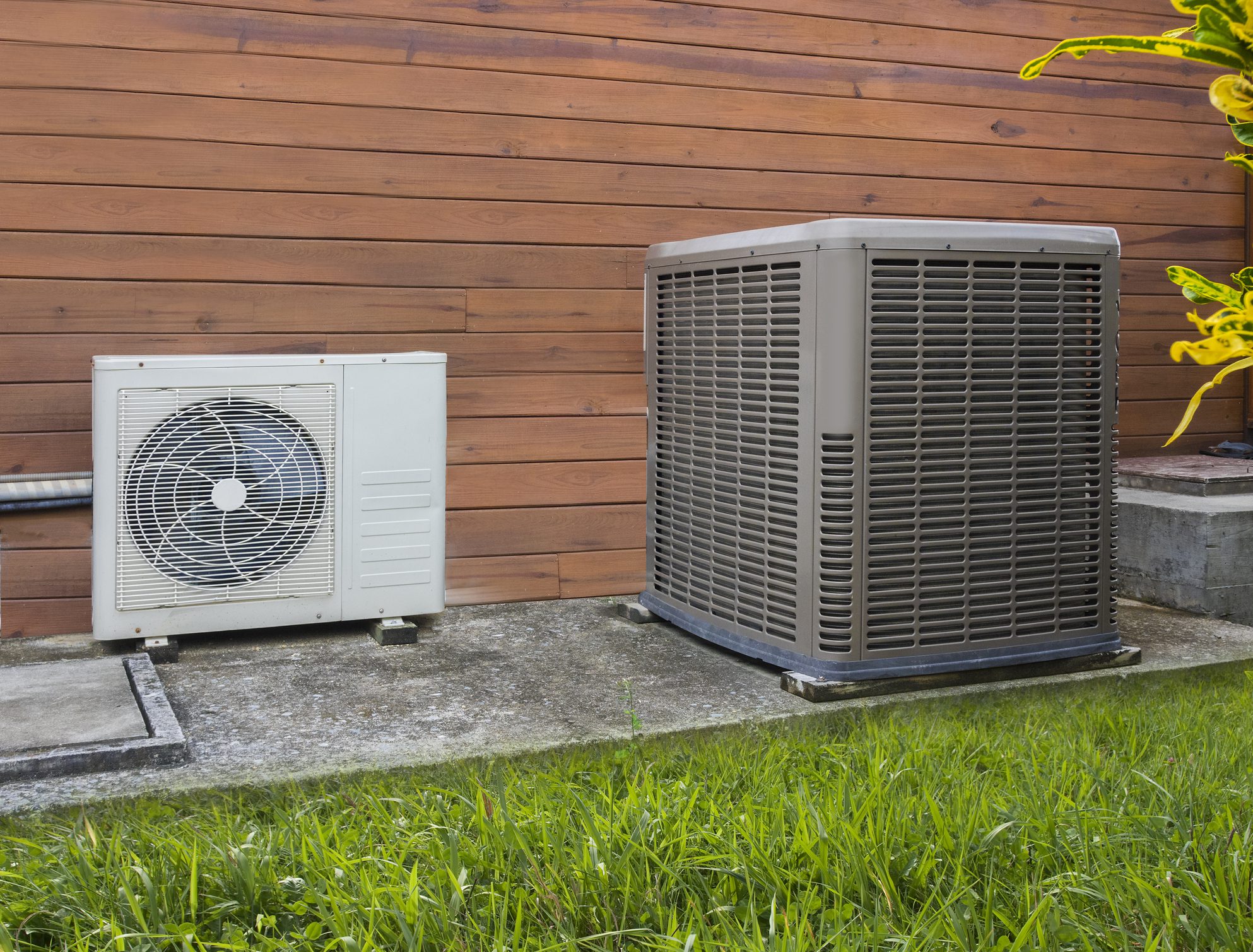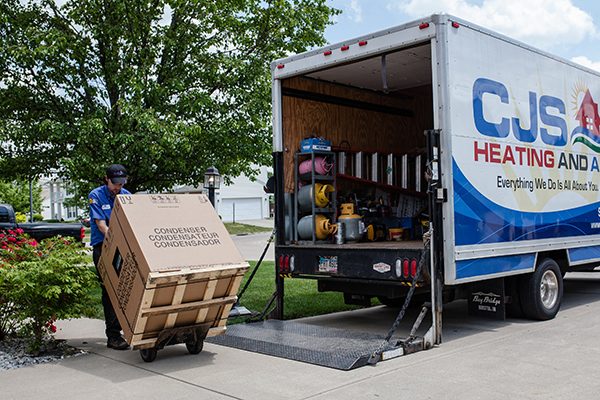By the time winter is over, most of us can’t wait for the warm weather to arrive. When you’re welcoming spring, though, don’t forget to consider your air conditioning system. A little bit of maintenance at the change of seasons will help to ensure you’ll stay cool and comfortable throughout the spring and summer.
- First, do your part. Go check out the condenser, the part of your AC system that’s outside. In order to work properly, it’s got to be clean and clear, free of debris and rubble. You’ll want to make sure the area around it is clear, about two feet on all sides, clearing toys, shrubs, branches, and anything else that might interfere with its ability to do its job. Rake away any leaves that could potentially get sucked back into it, and spray it down with the hose to get rid of any dirt. Once you’ve handled that, head inside and change your air filter. Keeping the air filter clean is essential to an efficiently running system.
- Then, call in a professional. At the change of every season, it’s a good idea to call in an expert AC technician, who will give your system a thorough going-over. The technician will check the filter, add refrigerant, look for signs of leaking fluid, check the various components for wear, inspect the system, tighten the connections, and replace any worn parts.
- Is it time to consider an upgrade? If your heating and cooling system is nearing twelve to fifteen years old, it may be time to consider replacing it. Technology has really improved, and the newer systems are more efficient, which means they conserve energy and save you money. What’s more, they’ve got features like zone control, which gives you the flexibility to set different temperatures in different rooms, which is extremely convenient. Smart thermostats are useful too, increasing the system’s efficiency with programmable functions. If you aren’t ready to upgrade your system just yet, consider adding a dehumidifier. A dehumidifier alleviates some of the strain on your AC system and makes a room more comfortable.


